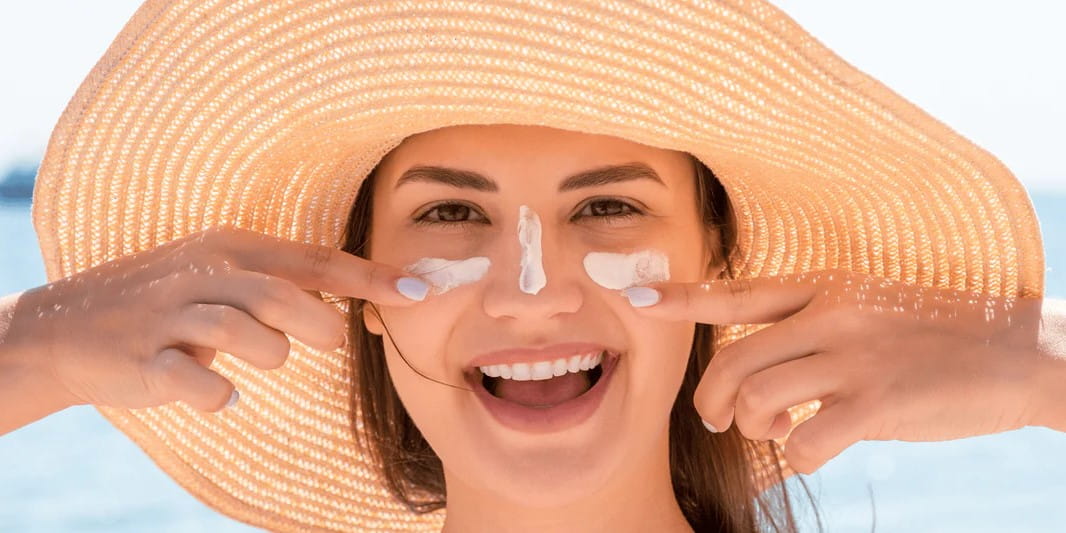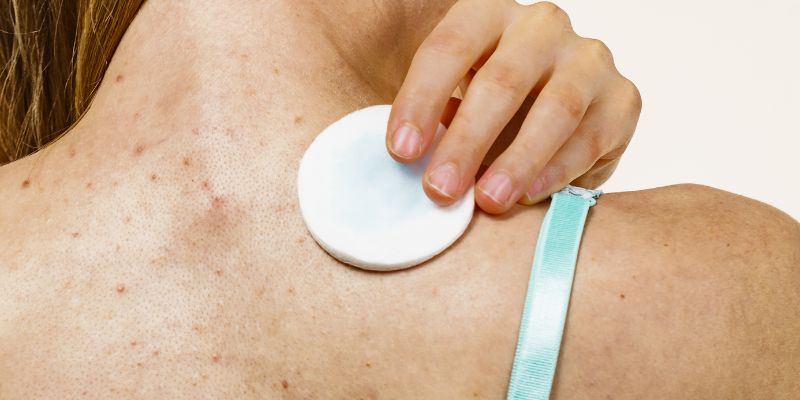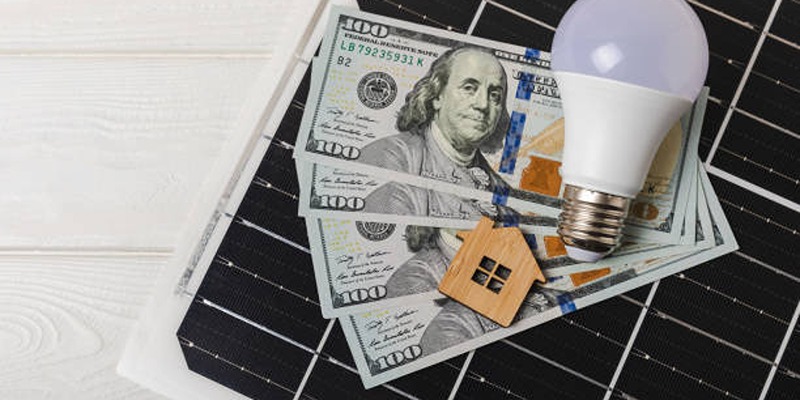Does SPF Matter in Sunscreen? Everything You Need to Know
If you spend a lot of time outside, sunscreen is your best mate and protector from all the pollutants and harmful UV rays. The sun has been so generous to us. For instance, flora, sunrises and sunsets, vitamin D, sun-kissed selfies, and whatnot! Yet, people must also take extreme precautions to protect themselves from the sun so its UV rays won't harm their delicate bodies. So, this is where sunscreen comes into play. Choosing sunscreen may appear to be a simple task at first until you realize how many options there are. Do you know what your sunscreen's SPF is? You must do so because it will be crucial for the ideal protection of your skin. In this article, you will learn does SPF matter in sunscreen and which one you should use.
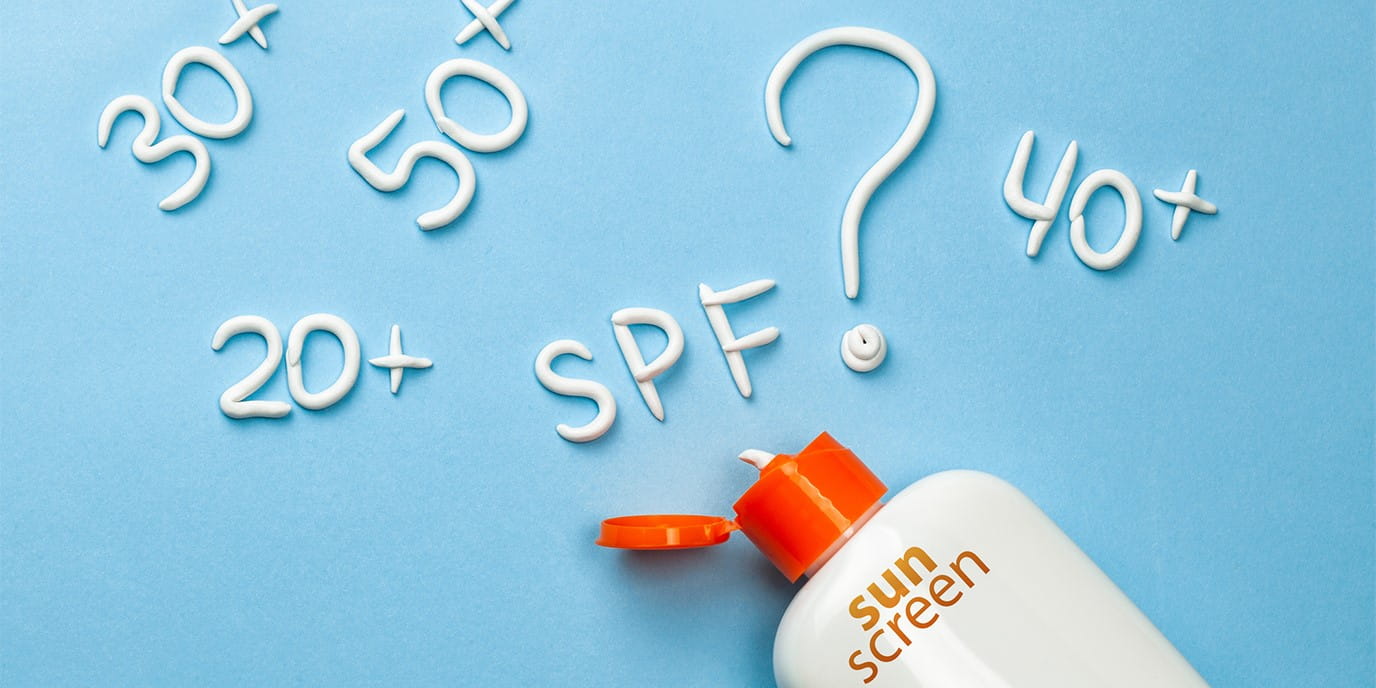
What is SPF in Sunscreens?
"Sun protection factor," or SPF, is a metric used to determine how well a product protects against UV radiation from the sun. For example, 93% of UV rays are blocked by SPF 15, 97% by SPF 30, and 98% by SPF 50. Is SPF 15 enough? Experts advise sticking to SPF levels between 30 and 50 since it provides adequate protection.
You should ensure the sunscreen you use is broad-spectrum, blocking both UVA and UVB radiation. UVA and UVB are two simple ways to differentiate between the two. Although the effects of both rays are similar, UVA rays are primarily to blame for dark spots and fine lines, whereas UVB rays cause sunburns and skin cancer.
Different Types of Sunscreens
Here is the detail of two major types of sunscreens
Physical Sunscreen
Also referred to as mineral sunscreens, these adhere to the skin's outermost layer and, like tiny mirrors, block out UV rays by creating a physical barrier. Physical sunscreens can offer the best defense against the sun's UVA and UVB radiation because they directly block UV rays on the skin's surface.
Moreover, these sunscreens usually have active chemicals like zinc dioxide and titanium dioxide. Since they function as a blocker, the effectiveness of physical sunscreens starts as soon as they are applied to the skin. Therefore, before going outside in the sun, you should wait for it to absorb into your skin. This kind of sunscreen can make your skin look white, and you need to apply it frequently.
Chemical Sunscreen
Chemical sunscreens reach into the skin's deeper layers. They function by absorbing UV radiation, turning it into heat, and then allowing the skin to release the heat. They usually contain active chemicals such as oxybenzone, octocrylene, homosalate, avobenzone, or mixtures of these can be found in chemical sunscreens.
However, this kind of sunscreen might not shield you from all UV rays because the chemicals in the sunscreen must penetrate deeper layers of the skin to be effective. If you use chemical sunscreen, apply it half an hour before you go outside because it takes around 20 minutes to start working. Due to their rapid absorption into the skin, they also make excellent water-resistant sunscreens.
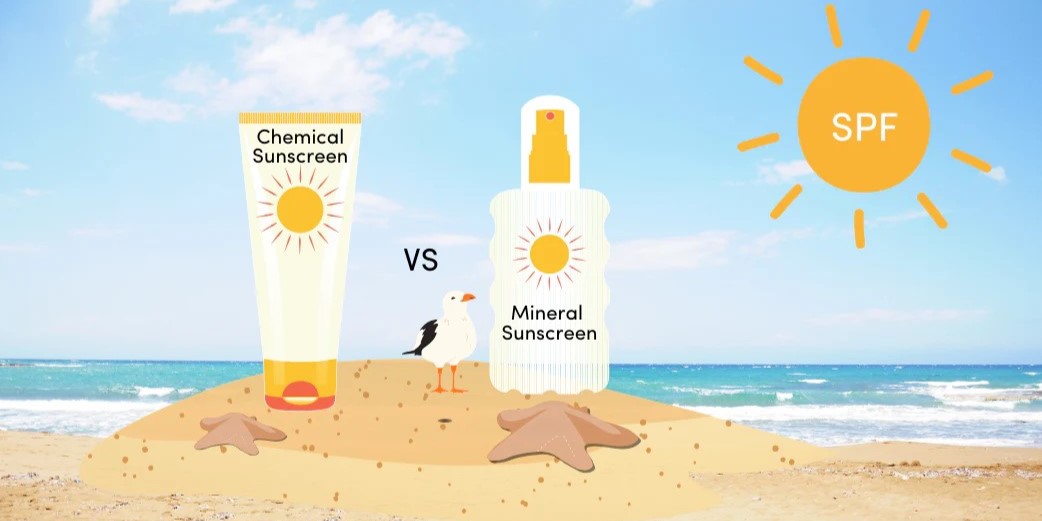
Best 7 Tips to Choose the Right Sunscreen
The kind of sunscreen suitable for your needs and applications depends on several factors. The following basic guidelines will help your skin stay healthy and avoid sunburn:
Check the ingredients
Make sure that your sunscreen contains zinc oxide and titanium dioxide. These chemical compounds have been studied for clinical safety and efficacy. If you use a chemical sunscreen, avoid those that include oxybenzone.
Select lotions
To minimize lung exposure and inhalation, choose a lotion-based sunscreen, even though spray options are easy to use.
Consider your usage
A mineral sunscreen is your best option if you are going to be exposed to the sun for many hours of the day, particularly if you have sensitive skin, rosacea, or acne. A chemical sunscreen can be a better option if you want to swim or sweat out a lot because you will have to apply mineral sunscreen more often.
Don't bother with SPF numbers
Different SPF numbers can sometimes be misleading as you might relate more sense of protection with higher SPF numbers. The correct application of a low SPF product is significantly more effective than relying on poor high SPF sunscreen application.
Apply correctly
For the best results, apply a thick coating of mineral sunscreen when you go out if you use a chemical sunscreen at least 30 minutes before going outside.
Apply yet again
Reapply sunscreen at least every two hours because all sunscreens fade. This is especially true while wearing chemical sunscreens in direct sunlight and when sweating or swimming when wearing mineral sunscreens.
Don't neglect it
When it comes to shielding your skin from damaging UV rays, any sunscreen is better than none at all.
Which SPF Should I Use?
It is crucial to apply sunscreen correctly to lower the risk of skin cancer and UV damage. The sun protection factor, or SPF, determines how effectively a sunscreen shields skin from ultraviolet (UV) radiation.
What SPF should I use on my face daily? Sunscreen with an SPF of 30 will let 3% of UV radiation into your skin. About 2% of UV rays will pass through your skin if you wear SPF 50. Which SPF is best? The majority of dermatologists believe that using sunscreen with an SPF of at least 30 is recommended. Sunscreens with an SPF of 50 or higher can be more expensive and provide hardly any additional protection.
Conclusion
Applying sunscreen is essential in minimizing adverse effects from the sun's damaging UVA and UVB rays. Adults of all ages and skin tones should use sunscreen with at least an SPF of 30 for all outdoor activities. A cream-based sunscreen with at least SPF 30 is recommended for kids older than six months. Furthermore, using sunscreen alone won't protect you from the sun's rays. Shade and protective clothing can also help shield you from the sun.







